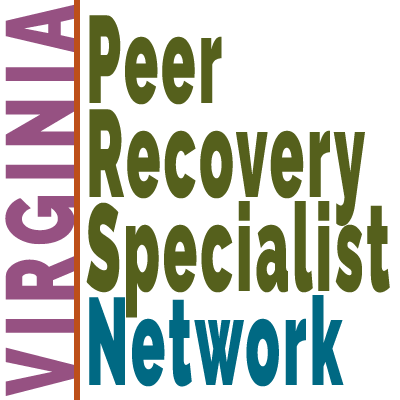Blog
The Importance of Confidentiality in Peer Support
“We are only as sick as our secrets” – Alcoholics Anonymous
“Secret, secret I’ve got a secret” – Styx
Why disclose your secrets to someone or your deepest problems? Because we are not meant to carry the load by ourselves. Why would you become a peer recovery specialist? Because you are empathetic, sympathetic, kind and compassionate and your lived experience is born out of pain and the process of recovery and is a model of hope to the peer who has yet to start the journey or needs help navigating the journey they have embraced of health and wellness..
There are rules, however, that must be followed in our service to peers, namely, confidentiality. If confidentiality is broken, trust is shattered, vulnerability goes back behind the walls of emotional ‘stiff-armed stance’, to use a football term, and the healing process breaks down. Therefore, what are the parameters for appropriate and legal confidentiality in peer support? I’m glad you asked. See below for more information to inform your work as a peer recovery specialist!
1. It builds trust. When a peer knows that their information is being kept confidential, they are more likely to trust the peer support specialist or peer organization assisting them.
2. It protects people. Confidential information has the power to harm a peer and even ruin their lives in a variety of ways, such as exposing their personal secrets, discriminating against them, or even putting them in danger. That is why it is essential to keep all conversations with a peer we are supporting confidential to protect them from these potential harms (**see #4**).
3. It promotes fairness. Confidentiality promotes a level playing field for a peer to share very vulnerable information that is crucial to their healing. We name things in life to make sense of them. Naming trauma is a powerful way to do so. Confidentiality that is not trustworthy is wrong and especially unfair.
4. It ensures compliance with the law. Many laws require people to keep certain information confidential, such as medical records and financial information. By complying with these laws, we can help to protect people’s privacy. There are exceptions to this, dependent on your local area, when information surrounds ideas/plans of homicide or suicide. It is best to check with a professional about those boundaries if you are uncertain.
5. It protects reputations. Confidential information can be used to damage people’s reputations, either by exposing embarrassing secrets or by spreading false rumors. By keeping private confidential information, we can protect people’s reputations.
Stay tuned for more information in next week’s blog as we explore the importance and critical application of confidentiality in peer recovery service delivery!

Chris Newcomb
VPRSN Coordinator
Chris Newcomb, M.Div., PRS, CPMC, CWF, CSSF is the VPRSN Coordinator on behalf of Mental Health America of Virginia. He holds a Bachelor in Psychology from Radford University and a Master of Divinity from Duke University. In his spare time, he is a singer/songwriter who loves to write new songs, practices Krav Maga, and enjoys time with family and friends.

